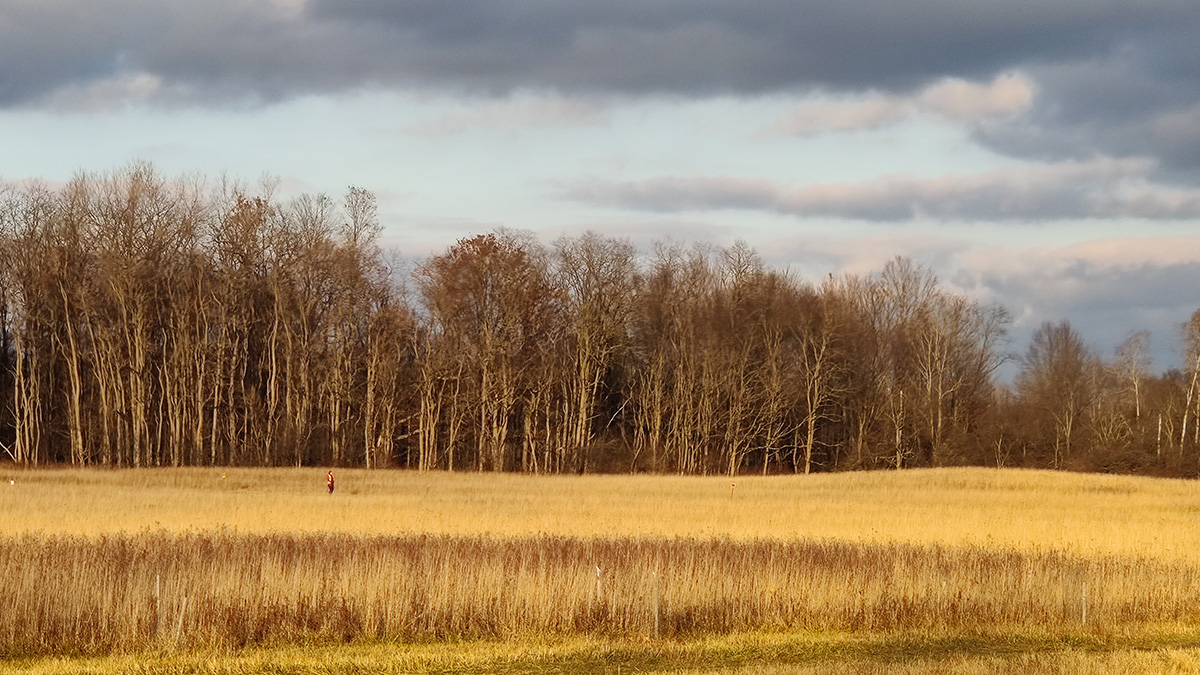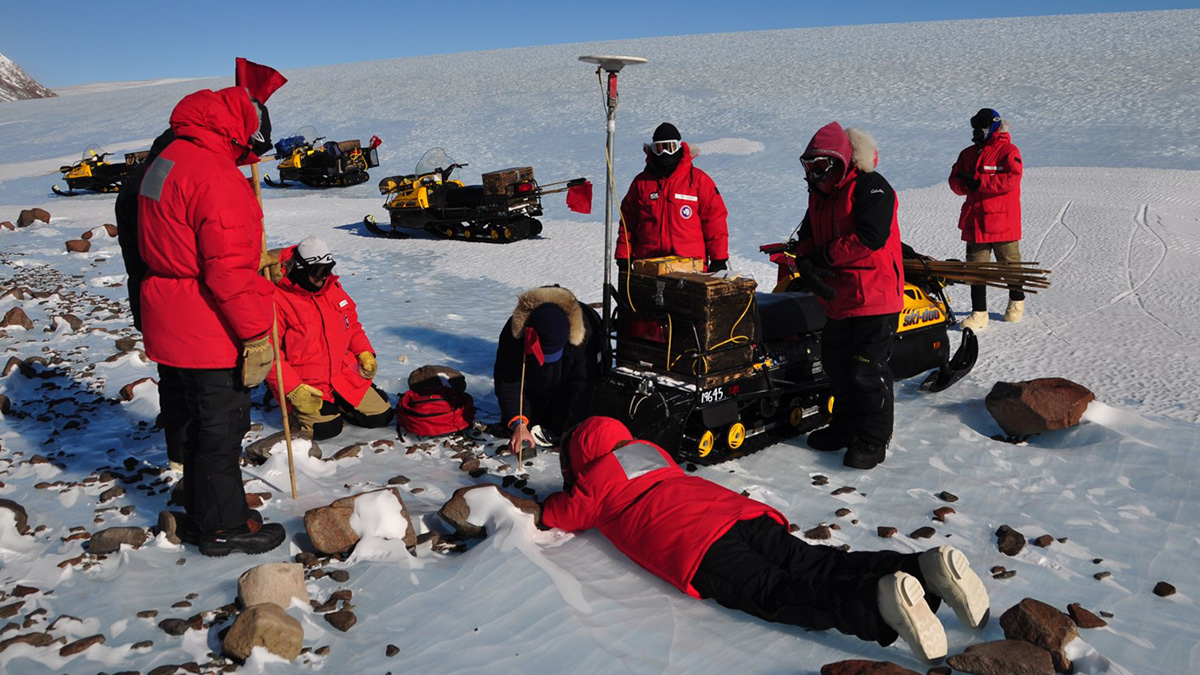The boundaries of northeastern U.S. forests suck in more carbon dioxide than previously thought.
News
Weighing the Benefits of Urban Greening
City communities may need to consider whether water absorption or cooling benefits are more important when designing urban greening.
At-Home Astronomers Help Discover a New, Unique Exoplanet
Amateur astronomers sifting through NASA’s public data uncovered a long-orbit gas giant that could help scientists understand how these planets form.
Machine Learning Pinpoints Meteorite-Rich Areas in Antarctica
A new algorithm suggests that only a small fraction of meteorites present on the White Continent’s surface have been recovered to date.
Pequeños cambios climáticos podrían verse magnificados por procesos naturales
Un nuevo estudio utiliza técnicas de modelado para descubrir cómo pequeños incidentes de calentamiento pueden convertirse en eventos hipertermales que duran miles de años.
Climate Report Rebukes Overshoot Plans with “Irreversible Consequences”
Many pathways to stopping climate change involve overshooting 1.5°C temporarily. The latest synthesis of 34,000 references says that’s a bad idea.
Iodine-Laden Desert Dust Is Eating at Ozone Pollution
In a happy accident, scientists found a potential solution to an atmospheric chemistry mystery. Their findings could be a missing piece in the iodine cycle and in atmospheric models.
Which Came First, the Eruption or the Landslide?
Anak Krakatau’s eruption was accompanied by a devastating tsunami. But was the eruption to blame?
Searching for Earthquakes in the Ionosphere
Earthquakes may release bursts of electrical energy that can be felt in the ionosphere, kilometers above Earth. The theory remains controversial, though.
Innovators Tackle Toxic “Forever Chemicals”
New technologies seek to remove and destroy dangerous PFAS chemicals in contaminated water.










